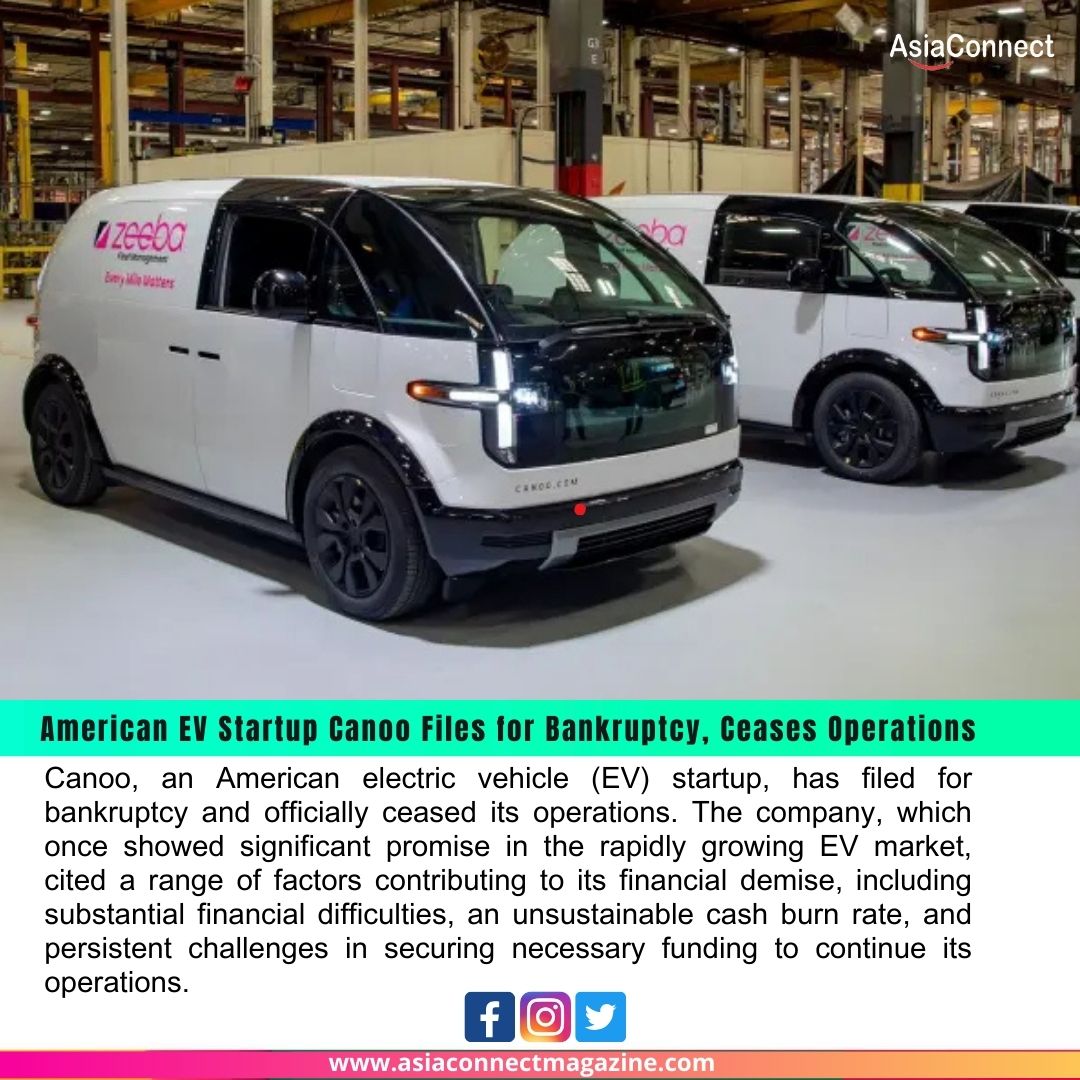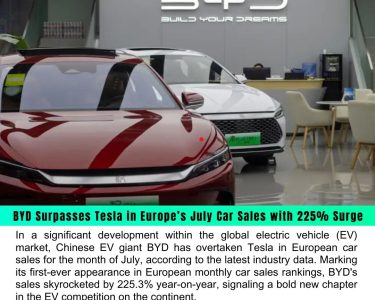Canoo, an American electric vehicle (EV) startup, has filed for bankruptcy and officially ceased its operations. The company, which once showed significant promise in the rapidly growing EV market, cited a range of factors contributing to its financial demise, including substantial financial difficulties, an unsustainable cash burn rate, and persistent challenges in securing necessary funding to continue its operations.
Founded in 2017, Canoo aimed to revolutionize the electric vehicle industry with its innovative, futuristic designs and subscription-based vehicle ownership model. The company garnered attention with its sleek, modular EV concepts and its ambitious vision to produce sustainable, electric vehicles for the masses. Canoo’s commitment to green technology and urban mobility solutions resonated with investors, leading to substantial initial funding rounds. The company also formed key partnerships with established industry players to help push its vision forward.
However, despite the initial buzz, Canoo struggled to translate its early successes into long-term viability. A combination of factors—including rising production costs, difficulties scaling its manufacturing operations, and fierce competition from other EV manufacturers—made it increasingly difficult for the company to maintain momentum. Canoo’s business model, which leaned heavily on a subscription service for its vehicles, faced skepticism from consumers and investors, who questioned the sustainability and profitability of such an approach.
The startup’s cash burn rate, which refers to the amount of money the company was spending relative to its revenue, became a significant problem. As the company continued to burn through cash without generating enough income to sustain its operations, it found itself facing a liquidity crisis. The ongoing challenge of securing additional funding only compounded these financial issues. Canoo’s inability to secure the capital needed to fund its operations and scale its production led the company to the difficult decision to file for bankruptcy protection.
In a statement, the company explained that it had been working diligently to secure alternative financing options, but these efforts were ultimately unsuccessful. Canoo noted that it had explored various strategic alternatives, including potential mergers and acquisitions, to salvage its future. However, after exhausting these options and failing to secure the necessary resources to continue, the company had no choice but to cease operations.
The filing for bankruptcy marks a dramatic turn of events for Canoo, which had initially been hailed as one of the promising new entrants in the electric vehicle sector. The company’s high-profile investors, which included venture capital firms and corporate partners, now face significant losses as they attempt to recover their investments in the failed startup.
Despite the end of Canoo’s journey, the company’s innovative designs and ideas may still have a lasting impact on the EV industry. The startup’s modular vehicle concepts, in particular, were seen as a potential game-changer for urban mobility, offering flexible and adaptable solutions to meet the needs of modern consumers. However, the challenges it faced in executing its vision serve as a cautionary tale for other startups in the fiercely competitive EV market.
In conclusion, Canoo’s bankruptcy filing underscores the harsh realities of the electric vehicle industry, where innovation and bold ideas are not always enough to overcome the financial and operational challenges that come with scaling a business. As the EV sector continues to grow, it is clear that only those with a solid financial foundation and sustainable business models will be able to thrive in the long term.





